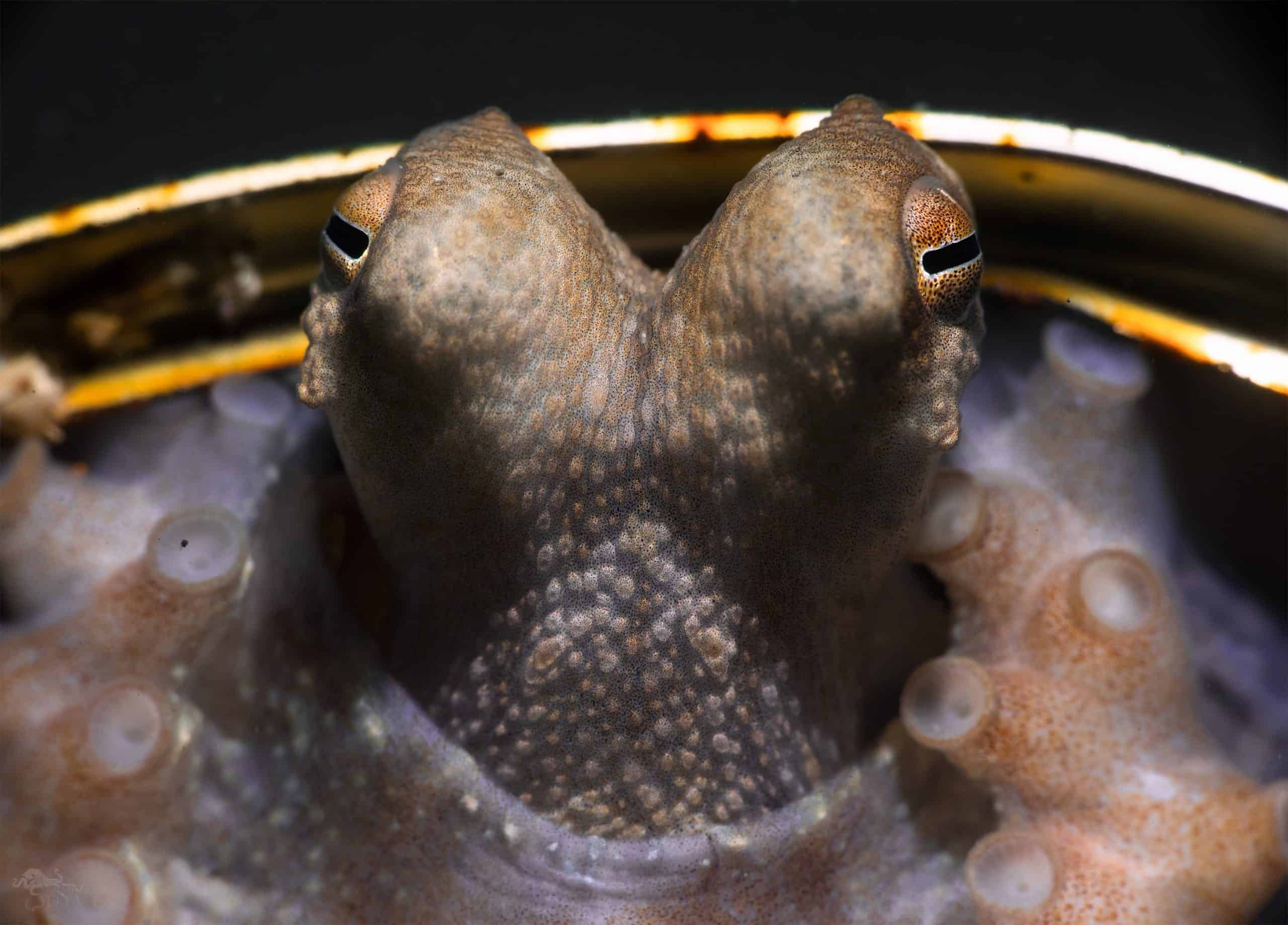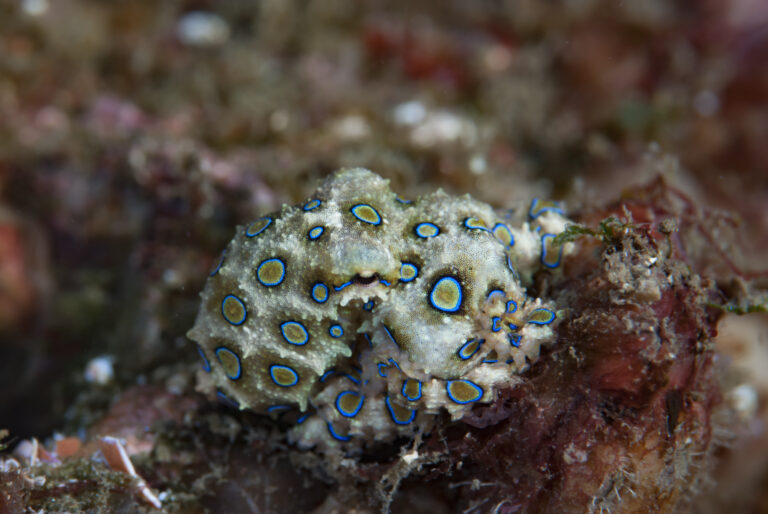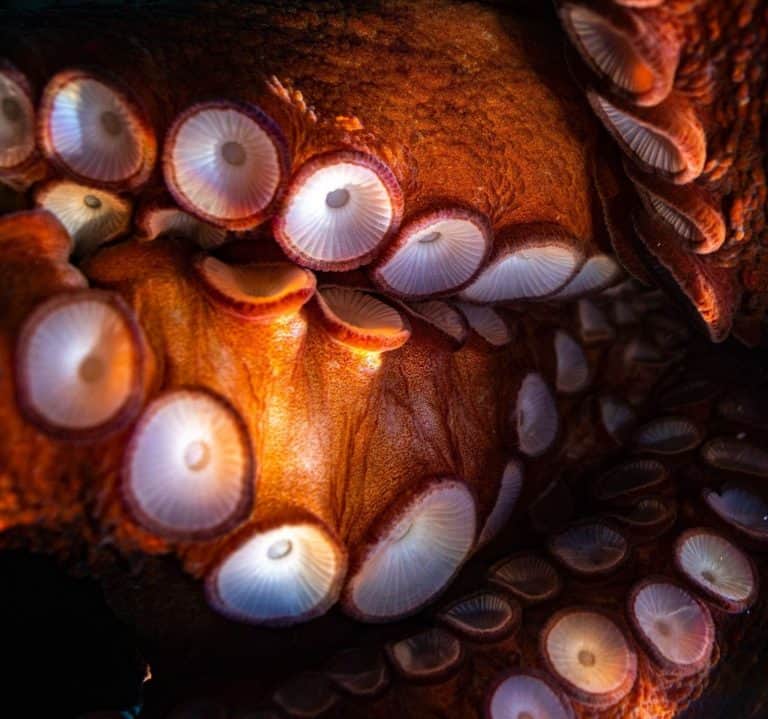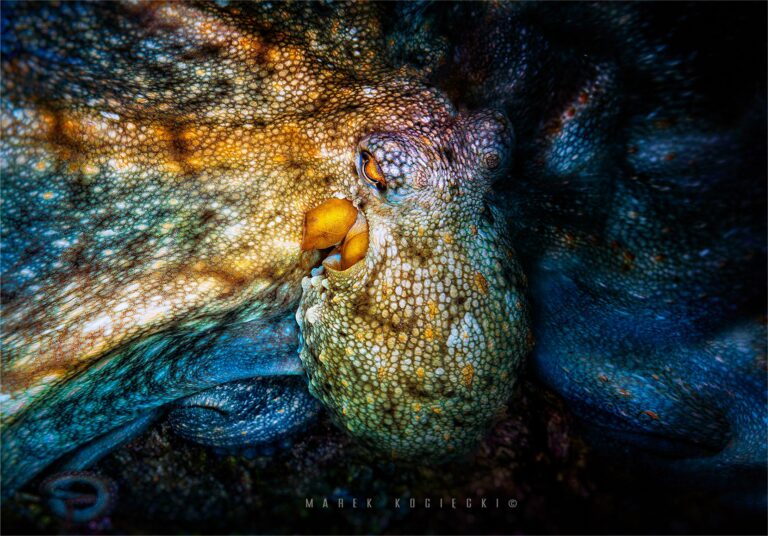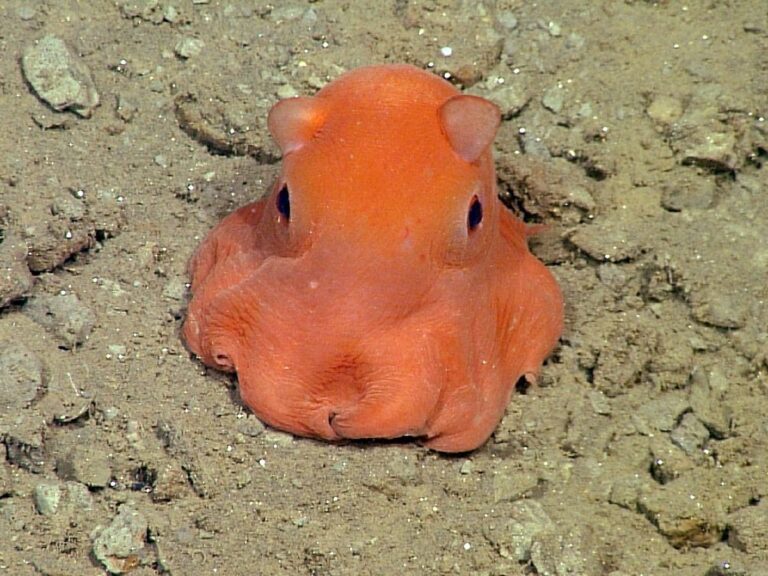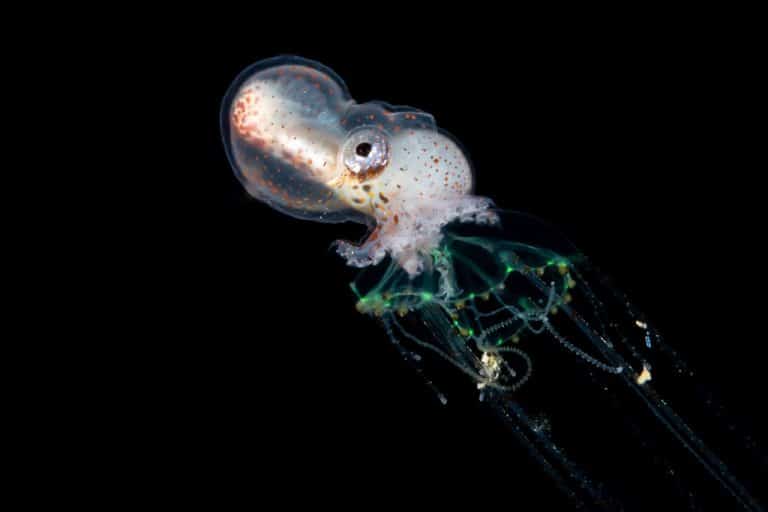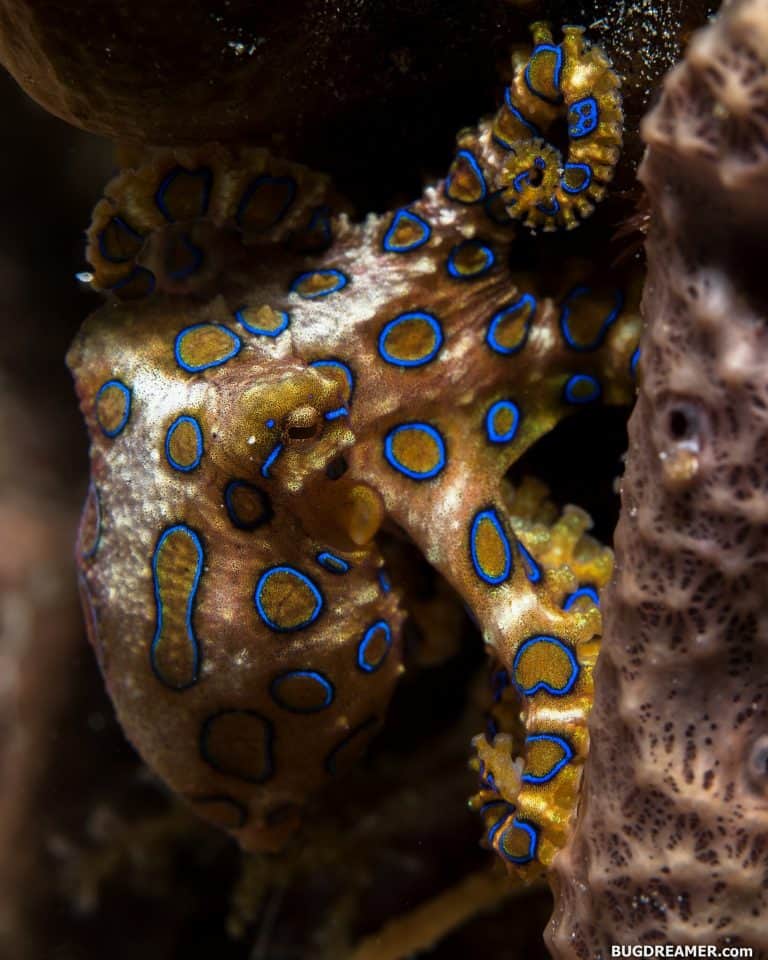Backyard Aliens? How Octopuses Are Portrayed In Science Fiction!
Octopuses= Aliens? Science fiction is full of imagination, and there are plenty of sci-fi movies where aliens take the form of octopuses. These intelligent, undeniably adorable creatures are portrayed in a variety of ways across all sorts of pop culture. Read on to find how octopuses in science fiction are actually portrayed and how it all happened! (Plus, are they actually, you know… alien-like? You’ll have to read to find out!)
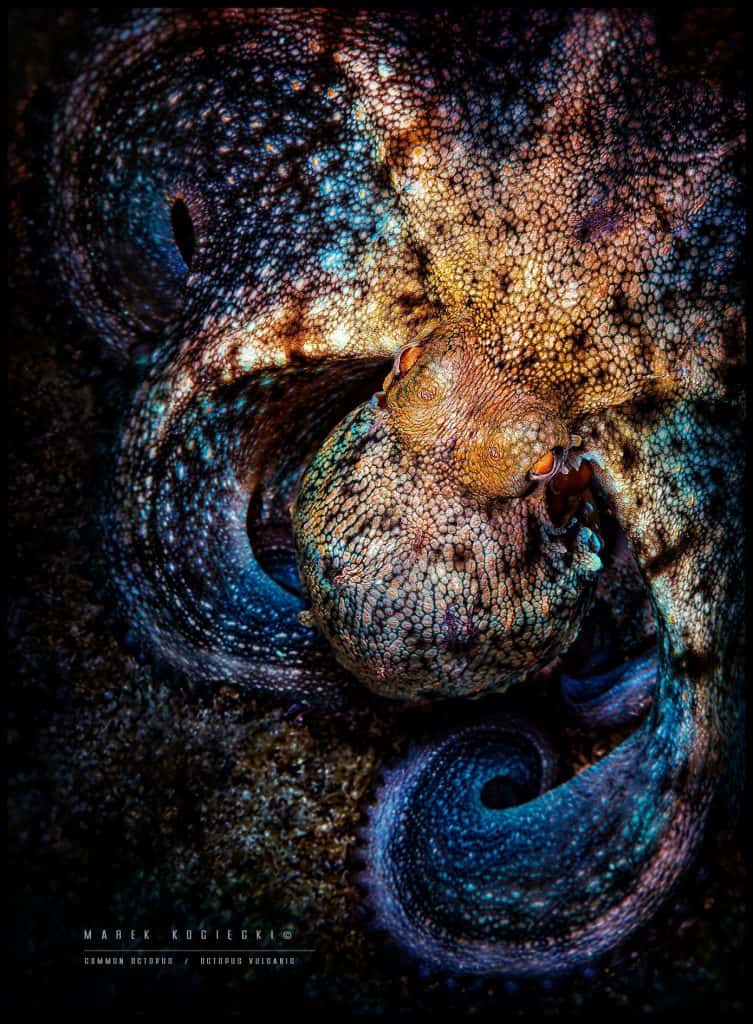
This post may contain Amazon or other affiliate links. If you purchase something through any link, OctoNation may receive a small commission at no extra charge to you. All proceeds go directly into helping fund our education and conservation efforts.
Within popular culture, there is no other place that includes more octopuses and squids than science fiction. The fascination with cephalopods (what these animals are scientifically called) in fantasy and science fiction has been around for centuries!
While many experts cite works such as 20,000 Leagues Under The Sea (1870) as the first to incorporate octopuses and squids as tentacled terrors, the depictions of these animals began much earlier.
Octopuses In Science Fiction: Where It All Began
Some of the first octopuses and squids in our stories and folklore come from Scandinavia, back in the Middle Ages.
The ‘Kraken’
Tales of the mysterious Kraken, whose tentacles could crush a ship like a soda-can, turned many sailors away in fear of the ocean. Many Kraken stories were inspired by giant squid sightings (many in the form of the Giant Pacific Octopus).
Centuries later, Carl Linnaeus, the father of the biological naming system known as taxonomy, classified the Kraken as a cephalopod in 1735. This put the Kraken in the same evolutionary tree as octopuses and squids!
Thanks to movies like Pirates of the Caribbean, the Kraken has become well-known in popular culture.
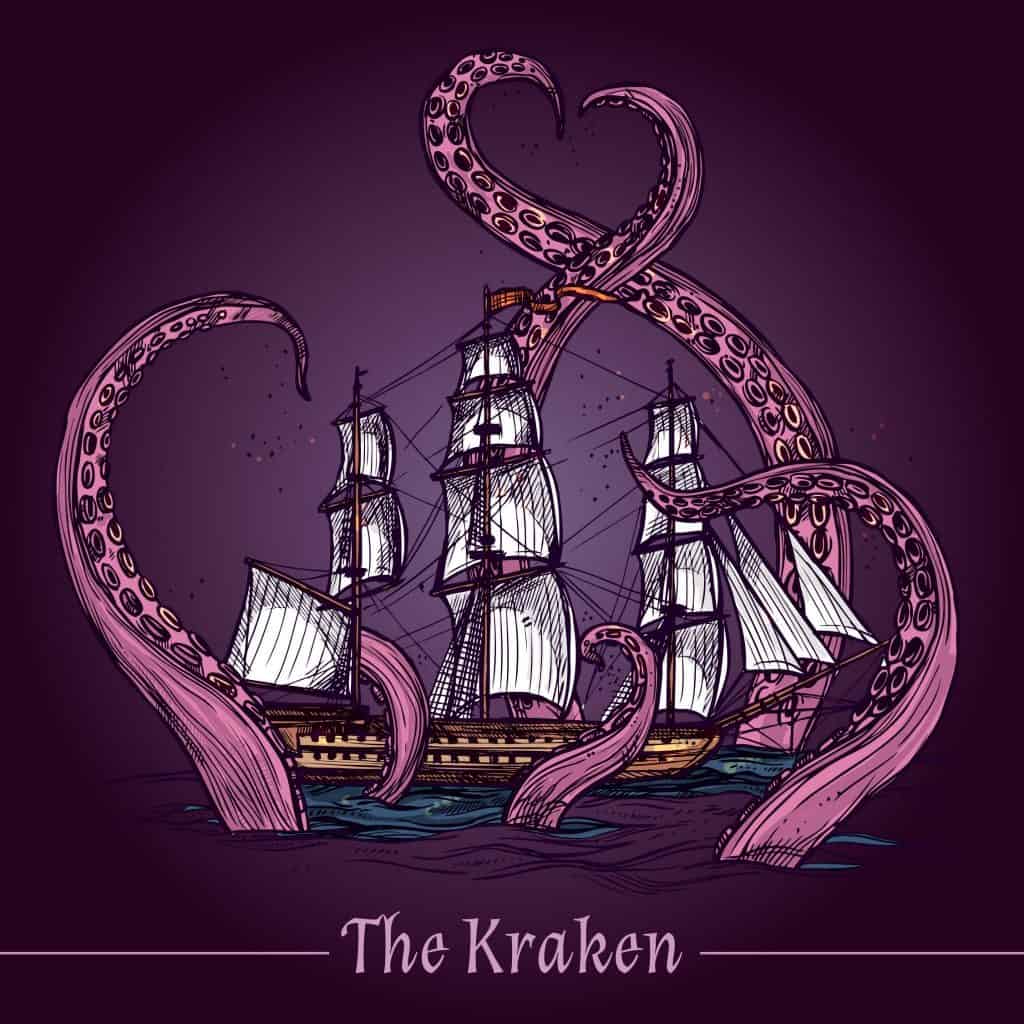
Octopuses In Greek And Roman Mythology
More westward, the mythologies of Greece and Rome contain themes of octopuses and squids.
From monsters such as Scylla and Hydra to even characters such as Medusa, the ancients were fascinated with the idea of tentacles. Or, a creature having many limbs sprouting from one source with each limb acting independently from the rest.
These limbs seemed mysterious and alien-like to the ancient Greeks, but still fascinate us today.
This idea of one head, or source of power, controlling many arms became a metaphor for exerting power over others. Because the octopus embodies this metaphor, it has inspired popular fictional evil organizations such as Marvel’s Hydra, or Spectre, from the James Bond films.
This metaphor, woven into the ancient tales from Scandinavia and Greece, began the long tradition of negatively depicting octopuses and squids in our popular culture.
According to science writer and octopus expert, Sy Montgomery,
“In western literature, film, and artwork, octopuses were cast as monsters. From Victor Hugo to Denys Molfort to 20,000 Leagues Under the Sea, depictions of giant, slimy, tentacled terrors bigger than the ships they’re attacking have inspired horror and revulsion.”
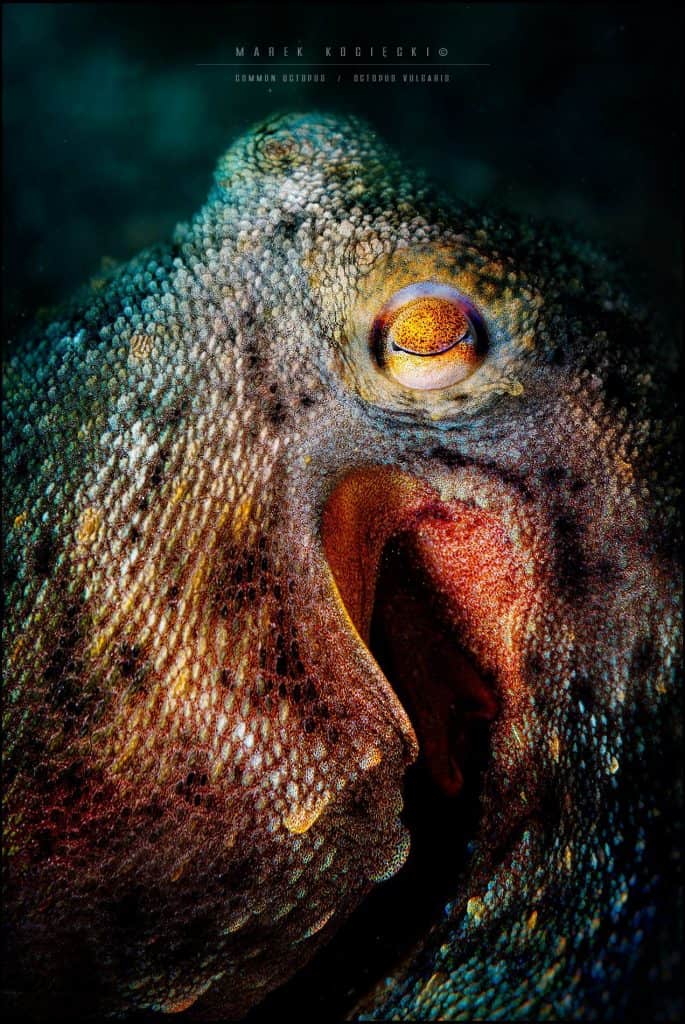
How Octopuses are Depicted In Pop Culture Today!
When it comes to octopuses in science fiction, these cephalopods (along with squids) are treated differently within popular culture, though most depictions are still negative.
Squids vs. Octopuses
These squids seem to have a personal vendetta against the heroes. Instead of acting as real squids, which usually jet ink and escape a possible threat, these squids are quick to attack.
Octopuses, unlike squids, are not depicted as giant monsters. But, their tentacles are used to add extra horror or repulsion to a character or group. Octopus tentacles or octopus-like tentacles are associated with alien anatomy.
‘The War Of The Worlds‘ by H.G. Wells
One of the first tentacled aliens was in 1897, from H.G. Wells’ The War Of The Worlds. Wells describes the invading Martians as having a “Gorgon group of tentacles” on their heads, alluding back to the ancient Greeks’ fascination with tentacles.
‘Cthulhu’ by H.P. Lovecraft
Because alien depictions really didn’t begin to appear in literature or film until the 1940s, the 1928 account of the fictional Cthulhu from H.P. Lovecraft is a prime example.
Cthulhu is a mysterious creature, and in his description, the reader learns that tentacles are part of his facial features. Cthulhu is one of the first aliens to be thoroughly described to an audience, sending shivers down readers’ spines for his grotesque nature!
Are Cephalopods Still Portrayed The Same In Pop Culture Today?
Move forward in time, the trend of tentacled aliens doesn’t change.
Movies like Independence Day, Men in Black, The Matrix, Arrival, or the Tomorrow War teach viewers that to be alien is to have tentacles.
But, Why Is The Connection Between Aliens and Tentacles So Popular?
Dr. Gerry Canavan, President of the Science Fiction Research Association and Associate Professor of Marquette University, may have an answer.
“I think the reason octopuses [and tentacles] are so important in science fiction and horror is because they’re just so strange. They are so different from mammalian and land-bound life that they are an easy way to evoke a sense of the truly alien.
I think that’s more true the more we write about them, including their unexpected intelligence. They’re incredibly weird, which makes them fun to write about.
The sheer number of tentacle monsters in science fiction is a testament to this.”
So… Are Octopuses Aliens?
Perhaps because octopuses seem so strange, one can’t help thinking that they must be somewhat alien. Octopuses are in a weird state where they have mammalian intelligence and yet are not mammals.
They possess:
- Personality
- The ability to play or solve puzzles
And yet, we have a hard time humanizing any emotions in their dark eyes.
The strangeness of octopuses cannot be overstated:
- Their arms each have a “brain” of sorts, which makes them think independently of their body.
- They have three hearts and blue blood.
- They use tools and even create makeshift weapons.
No other animal on our planet is capable of these activities! So, it’s no surprise that we see octopuses as strange or alien. Yet, this does not mean they should be negatively depicted in popular culture.
“We Westerners had the octopus all wrong!” Montgomery clarified. “Today, thankfully, cephalopods are enjoying a long-overdue image update and we recognize they are staggeringly smart and emotional. Instead of representing the terrors of the deep, they are surprisingly compelling ambassadors for our beleaguered oceans.”
How Octopuses In Science Fiction Are Changing Our Perception
With the help of popular culture, non-fiction works like The Soul of an Octopus (written by Montgomery), and My Octopus Teacher, which won an Oscar for best documentary, octopuses, squids, and other cephalopods are now seen as the heroes at times.
It will be interesting to see if this new positive attention will be taken up within science fiction or fantasy at all in the next decades…
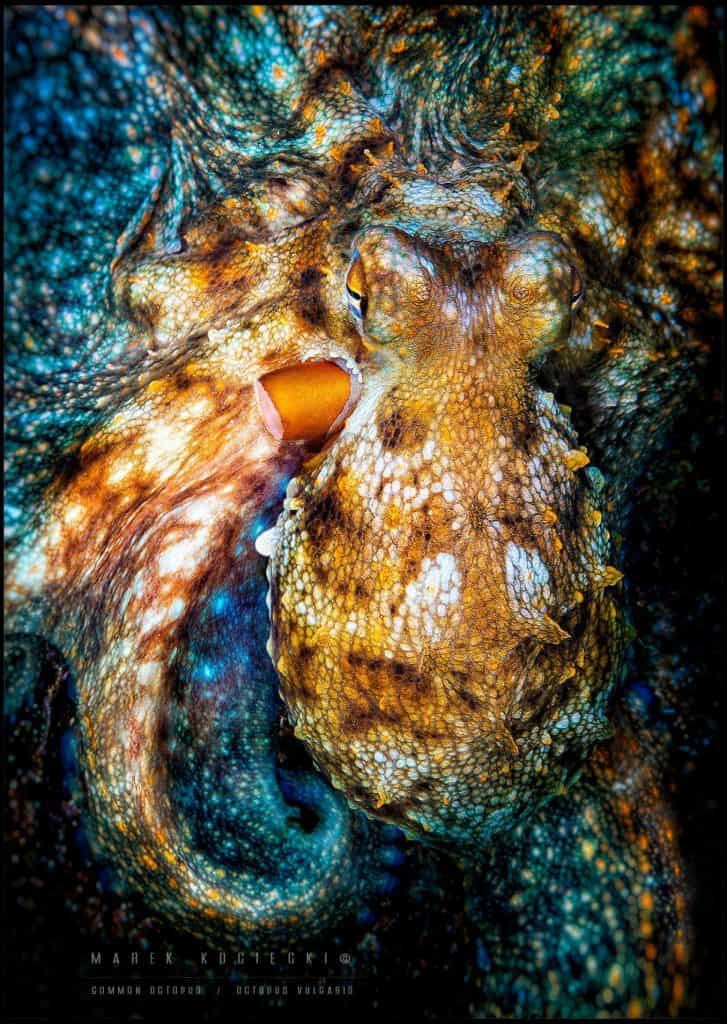
If you want to educate yourself some more about all sorts of different cephalopods, take a look at our encyclopedia. Or, what we call it, our Octopedia!
Connect with other octopus lovers via the OctoNation Facebook group, OctopusFanClub.com! Make sure to follow us on Facebook and Instagram to keep up to date with the conservation, education, and ongoing research of cephalopods.
More Posts To Read:
- Book Giveaway: “Secrets of the Octopus” & Bonus interview!
- ‘Artist Spotlight’ Of The Week: Victor Grasso
- Meet the Cockeyed Squid: the Deep-Sea Animal with a Giant Eye!
- ‘Cephalotography’ Of The Week: Jialing Cai
- 10 Facts About Baby Nautilus!
Article References:
- “Cephalopods in Popular Culture.” 2020. Wikipedia. March 2, 2020.
- “Could the Monsters of Greek Mythology, Scylla and the Hydra, Possibly Have Been Based on Sightings of Giant Squids or Large Octopi? – Quora.” March 11, 2020.
- “Kraken.” 2020. Wikipedia. 2020
- Sessarego, Carrie. “Aliens Among Us”. Clarkesworld Magazine. March 2018.
- Wilcox, Christie. “The Aliens in ‘Arrival’ Look like Octopuses Because Humans Think Cephalopods Are Both Scary and Smart.” Quartz. December 8, 2016.
Interviews:
- Dr. Gerry Canavan, President of the Science Fiction Research Association and Associate Professor of Marquette University
- Sy Montgomery, author of The Soul of An Octopus

Kenna is the Science Communicator at JILA (formerly known as the Joint Institute for Laboratory Astrophysics) at the University of Colorado, Boulder. Her degrees include an M.Sc. in Science Communication from Imperial College London. Kenna also works on several science freelance projects, including two podcasts. One of her podcasts, From the Biblio-Files, offers exclusive interviews with popular science writers discussing their books, including Sy Montgomery, Helen Scales, Randy Olson, Kathryn Harkup, Deborah Blum, and Chris Ferrie, to name a few!
